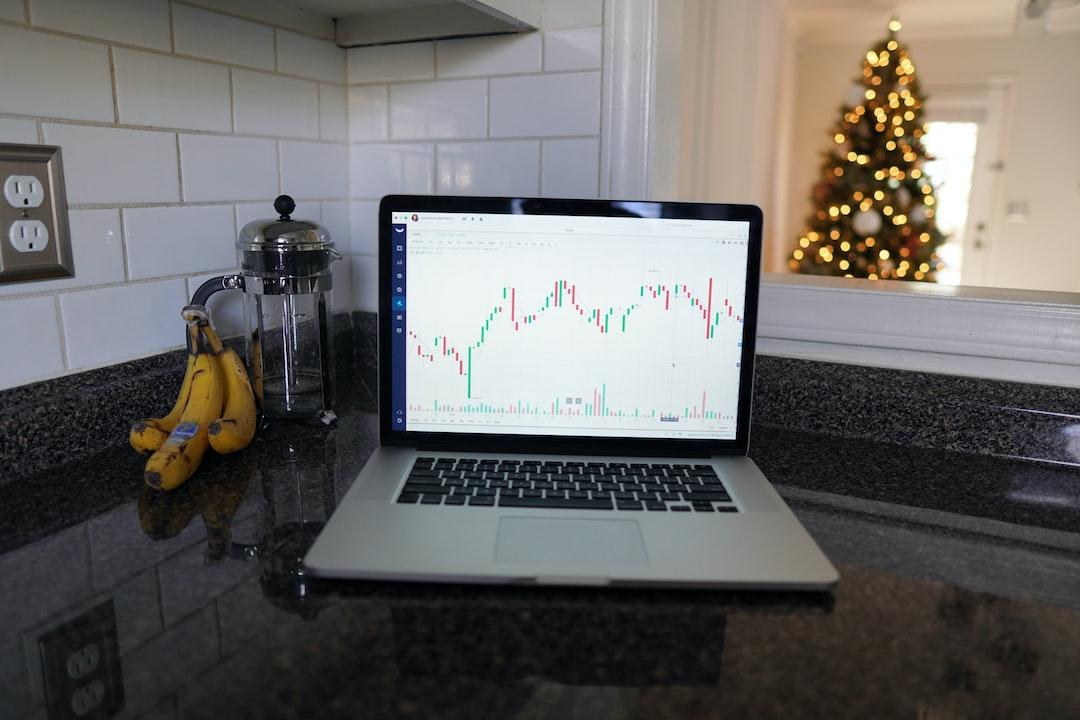With the Bank of Japan (BOJ) expected to end its negative interest rate policy, the far-reaching impact on the global economy and the volatility of the yen has attracted widespread attention.
Title: The End of Negative Interest Rates and Expectations for Interest Rate Hikes
Adjustments to the Bank of Japan’s Balance Sheet
The Future Direction of the Japanese Economy
As the Bank of Japan announces its plan to end the “negative interest rate policy,” economists and market observers around the world are closely watching the impact of this change on the world’s fourth-largest economy (recently surpassed by Germany).
This policy shift marks the end of the Bank of Japan’s massive quantitative easing policy, which has lasted for over a decade. The potential positive effects of this shift on the Japanese economy are also of great interest.
According to market observers’ predictions, the Bank of Japan could end its negative interest rate policy as early as April this year. Recent surveys show that over 90% of economists expect the Bank of Japan’s new target interest rate to be set between 0% and 0.1%.
On February 8th, Bank of Japan Deputy Governor Shinichi Uchida mentioned in a speech that the Bank of Japan may use the excess reserve rate as the main policy lever, with a target range of 0% to 0.1%.
Uchida’s remarks have sparked expectations for the path of interest rates after the rate hike. According to his speech, the market expects an increase of about 50 basis points in interest rates over the next two years. However, Uchida did not directly support or deny these expectations, but emphasized that these were only market reference points.
On the other hand, the Bank of Japan will face challenges in adjusting its massive balance sheet. Currently, the Bank of Japan holds about half of Japan’s 1200 trillion yen (approximately 8 trillion US dollars) bond market.
During the process of policy transition, the Bank of Japan may set a new upper limit for yields or abandon this practice and continue to announce the amount of bonds it plans to purchase each month.
At the same time, the Bank of Japan will also need to address its stock investments. Uchida pointed out that it is natural to stop purchasing stocks during the process of policy normalization. Currently, the Bank of Japan has become the largest holder in the Japanese stock market, indicating that it is unlikely for the Bank of Japan to resume regular purchases of ETFs and real estate investment trust funds.
With this major shift in the Bank of Japan’s policy, the Japanese economy will enter a new phase, which is expected to have far-reaching effects on Japan and the global economy.
How the Bank of Japan balances the dual tasks of economic growth and inflation control, as well as how it handles its massive balance sheet, will be the focus of global economic attention in the coming years.
As the last country with a negative interest rate policy, the future of the Japanese economy has become a pressing issue in the market.
[Image]
Related Reports:
Major! European real estate leader Signa “bankrupt,” hundreds of banks face a wave of 445 billion loan defaults.
Debt exceeds 10 trillion! Court orders China Evergrande to undergo “bankruptcy liquidation,” stock price plummets 20% and then halts trading.
China’s real estate market “190 billion bomb” detonates globally! Evergrande applies for “bankruptcy protection” in New York, with the first wave of US dollar bad debts estimated at 20 billion.


